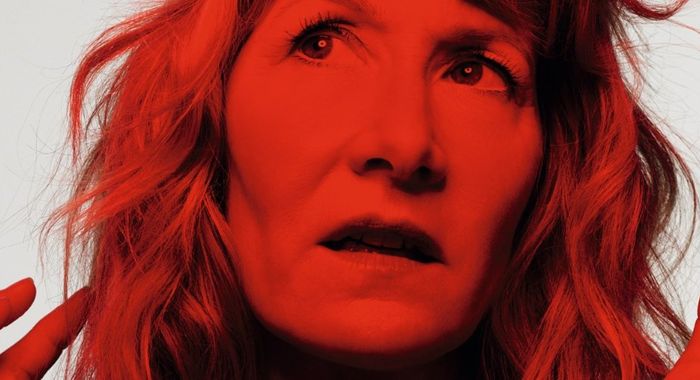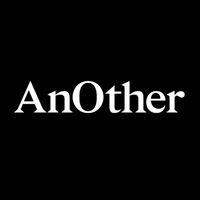The artist’s studio is a private, intimate and fruitful space – as French photographerVincent Ferrané’s new series Visitor demonstrates with charm and nuance. Over the course of a year, he photographed 17 emerging female artists in their ateliers in Paris, working across the disciplines of painting, sculpture, installation and performance. Now, the resulting series comprises a book, set to be published by Libraryman on September 22.
Gender has its part to play in Visitor, but it feels secondary to the work Ferrané’s lens trains upon, which is in various stages of being made. Instead, the photographer documents process, gesture, tools, and the relationship between the bodies of his subjects and the work they are creating. He describes himself as an “active spectactor”, or a “studio guest” – he is engaged yet distanced, opening up an honest dialogue and capturing “the energy, the tension and the commitment” of his subjects.
The art world has long been under scrutiny for its underrepresentation of women: women artists constitute only three to five percent of major permanent collections in the US and Europe, and just 30 percent of artists represented by commercial galleries are women, according to the National Museum of Women in the Arts. Ahead of the book launch, we speak to Ferrané to find out more about this significant and alluring series.
On his reasons for starting Visitor…
“The idea for the project occurred after reading Linda Nochlin’s scathing statement on art history and institutions in her 1971 pioneering essay, Why Have There Been No Great Women Artists? She explained how, in the past, the conditions of the artworks produced by women artists – as in the social, institutional and economic context – did not allow the necessary support. This past, despite a change in the law and mentalities, still has repercussions. So the main driver of the project was based around this thought: what is the situation like now in Paris?”
On finding his subjects…
“Several of the book’s artists happen to be my friends. When I asked them if being a woman intervened at all in their artistic life, I was surprised at the variety of responses. One of them said that when she is in her studio, she is simply an artist and that being a woman doesn’t impact her in any way. Another one, on the contrary, explained that it is an essential element she never forgets, placing it strategically at the centre of her work.”
On his role as a male photographer…
“I use my position as a ‘visitor’, as a stranger we recognise and whose presence is accepted – I am both the photographer and the male, a guest in a universe. It is this position that is interesting to me. I do not produce an objective document in order to answer what is a good or bad representation of gender, but rather to show the plurality of practices and approaches for these specific women artists.”
On gender and art…
“I think that gender is, above all, a social construct but it is also very dynamic. Art is not done in an ivory tower cut off from society or history; in Western art, for a long time the universal artistic scope has been associated with the masculine. Feminine or feminist art has thus historically imposed itself by fight and by contrast. So can being a woman be considered as one element among others? When it can sometimes be essential, especially for the artists who have strategically chosen to place it as the centre of their creation, and sometimes secondary or incidental? It is the choice of freedom that must be pursued.”
Published on anothermag.com

